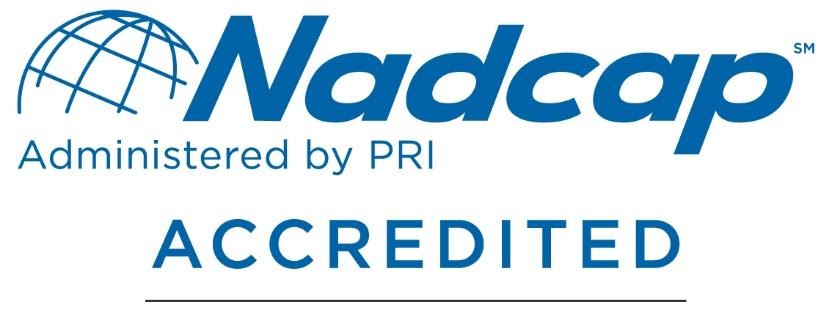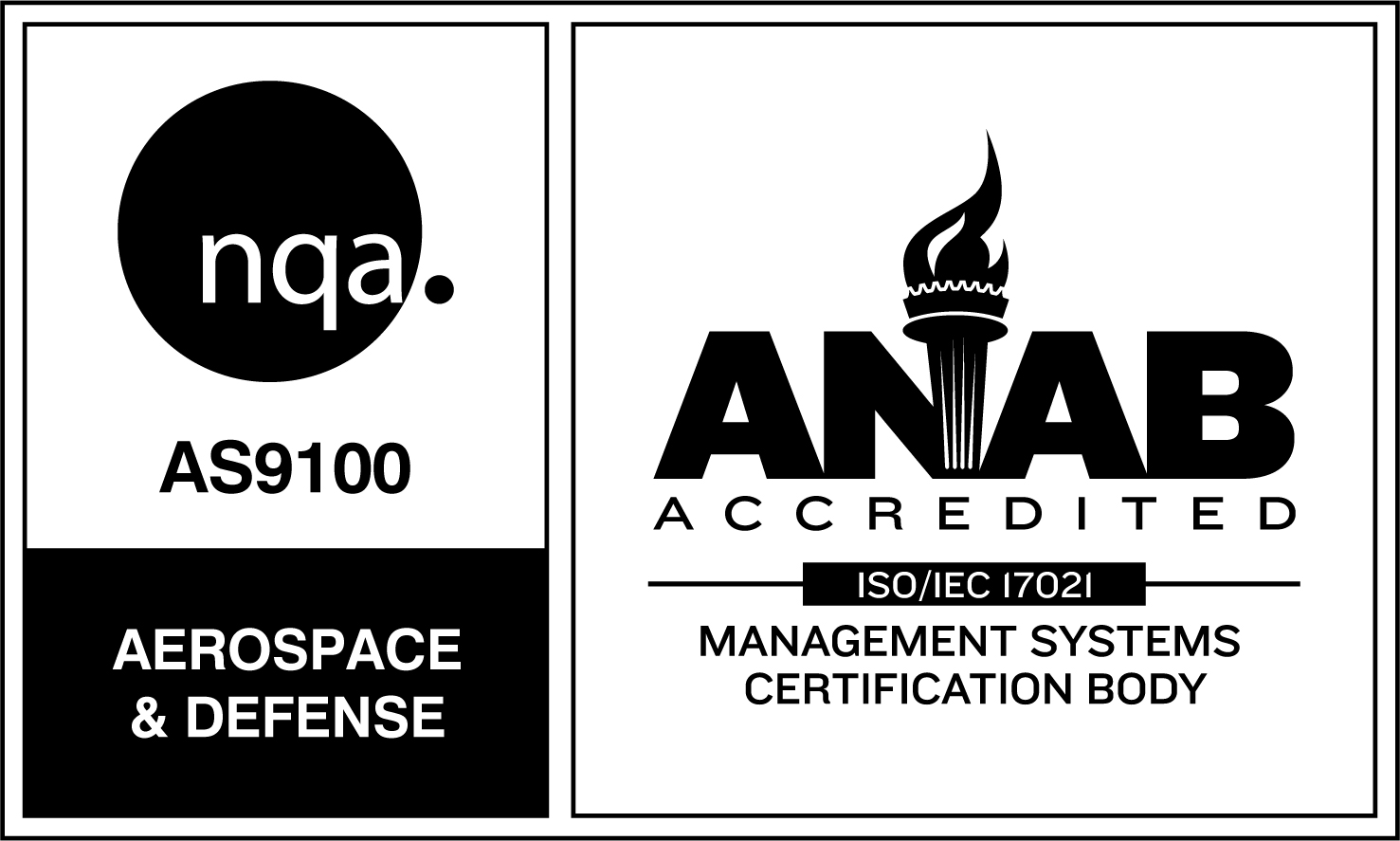Ready for a cliché? It’s coming.
Celebrities and politicians sometimes trip in front of cameras. Jennifer Lawrence tripped climbing the stairs to collect her Best Actress Oscar in 2013. In March, Joe Biden tripped three times boarding Air Force One, making pundits debate whether he has eclipsed Gerald Ford’s patented Austria Slide.
Famous slipups get us excited because most of the time success is the only thing we see from successful people. It gives the impression that they never make mistakes. For ordinary schmoes who screw up all the time, the schadenfreude is delicious.
What separates successful people from the perma-schmoes isn’t divinely granted perfection, rare genius, or a glamorous public relations agency. It’s learning from missteps.
Build on every failure
Here’s that cliché, courtesy of Oscar Wilde: “Experience is simply the name we give our mistakes.”
Clever people go a long way by learning from the mistakes of other people. The Wright Brothers ran a failed printing business before going into bicycle building. Unless you’ve got E.T. stashed away in a closet, it’s no simple thing to make a bike fly. When they joined the global race to build the first flying machine, the Wrights crashed quite a few prototypes.
The brothers had two major advantages that helped them get over the top. First, they had the engineering brain of Charles Taylor, who figured out how to build an engine light but powerful enough to make their plane fly. Second, they had the benefit of Wilde experience: they’d made plenty of mistakes, and their competitors had, too.
No room for oopsies
At Thermal-Vac we work in an industry with incredibly strict standards. To be successful in this business, you need to be obsessed with process refinement. As nice as it is to learn new things, we’d rather avoid those “teaching moments” that reveal a gap how we do things. When you’re dealing with big, pricey components that are key to even bigger, even pricier projects, a mistake can make our accounting department weep and our customers justifiably persnickety.
The bottom line is that we need to master our craft long before we put our hands on parts bound for Mars.
Mastery takes practice. Lots of practice.
In the United States, colleges and trade schools aren’t churning out seasoned brazing operators who can start on day one joining rocket engine parts. The only way to learn how to do most of what we do is to spend time on the shop floor with an experienced mentor. The rookies make plenty of mistakes as they learn, and they get better thanks to those mistakes.
Every time we add a piece of equipment to the shop floor even the experienced members of the team become like rookies again. We will practice, document, and refine our use of the new tool until we’re confident that we have mastered it. That Christmas morning glow from our new toys is long gone by the time we’re ready to sell the new process to customers.
Still, mistakes happen. Much of what we do is hands-on—flowing a process metal into a braze joint, for example. Humans can slip up, even under the most rigid controls. Sometimes an issue is with choices made well upstream of the shop floor, at the design phase or during manufacturing. A few errors are big enough to be visible right away—a component’s finish doesn’t come out right, for instance—while others only show up after deploying specialized testing equipment.
Catch ‘em all
We’re a little crazy about quality control because we know errors can still creep into the most tried-and-tested process. We’ve got cameras everywhere. Our equipment produces a tsunami of data at every step. If there’s an error in there, we’ll find it, and we’ll chase the root cause like Tom chases Jerry.
It’s not a matter of figuring out where to put the blame. It’s about getting the job done right.
How does your shop approach process improvement? We love to share ideas and explore new ways to make our industry better and safer. Give us a call at (714) 997-2601.


